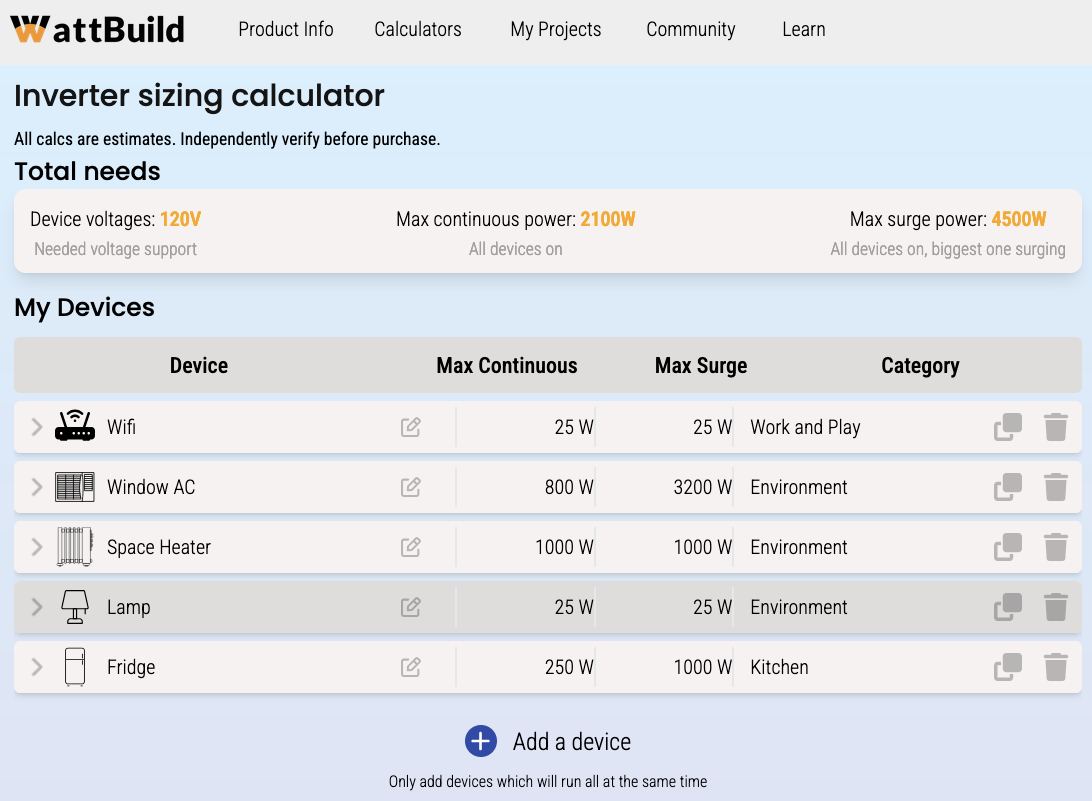SolarDIY
SolarDIY is a vibrant community dedicated to embracing the power of solar energy. Here, we encourage you to showcase your ingenious ideas, innovative projects, and inspiring stories, while also seeking valuable advice, fresh ideas, and fostering meaningful connections.
Our passion lies in witnessing the remarkable achievements of individuals who have harnessed the potential of solar energy. Whether you have successfully wired your entire house with solar panels, created a portable solar-powered generator, or crafted an efficient solar pool heater, we are eager to learn from your experiences and celebrate your accomplishments.
Join us on this empowering journey as we explore the endless possibilities of solar energy and inspire one another to make a positive impact on our environment and our lives. Together, we can unlock the full potential of solar power and shape a sustainable future.
Share your DIY solar projects, exchange knowledge, and let your creativity shine!
view the rest of the comments

Since this is not a battery life calculator, the metric to track is the max continuous power draw. Even if the draw lowers after initial heating, the inverter must still be able to handle the initial ramp up.
Even if that's your intent, listing max continuous power draw at the same ramp up power draw is inaccurate and gives people misinformation.
If your goal is simply to show the ability of the inverter to handle the max wattage you can throw at it, removing max continuous wattage is a smarter decision.
You show your goal, but also you only need to worry about having one accurate metric.